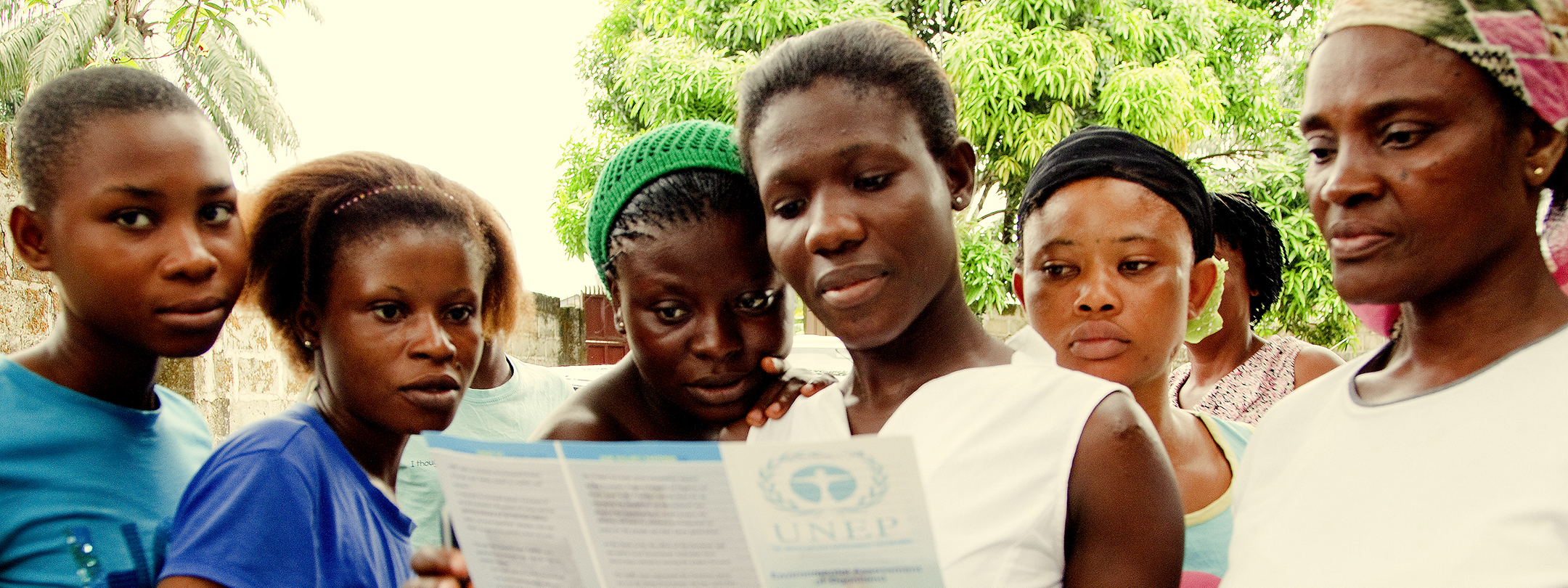Using Evaluation as a Learning Process in Post-Conflict Somalia
Publisher: Journal of Somali Studies
Author(s): Ibrahim A. Noor
Date: 2019
Topics: Governance, Humanitarian Assistance, Livelihoods, Monitoring and Evaluation, Programming
Countries: Somalia
The purpose of this study is to describe the nature of institutional evaluation in non-governmental social programs in Somalia. A large number of agencies that evaluate social programs in Somalia are international organizations located in Nairobi, Kenya. Somali professionals were typically not involved in these evaluations. This had limited evaluation capacity because the evaluators from the international organizations left the country after brief visits. This study focused on the lack of adequate professional evaluation infrastructure and education, and its impacts on development practice in Somalia. The combination of a limited government evaluation policy, the absence of modern professional development opportunities, and the practice of international organizations in outsourcing evaluation activities had contributed to the evaluation skill deficiency in Somalia. The study used a qualitative design and an ethnographic semi-structured interview approach. A purposeful sample of 8 evaluators and 2 program managers from local non-governmental organizations and public institutions participated in the interview to provide information-rich cases pertaining to the nature of institutional evaluation in non-governmental social programs in Somalia. All participants had previously participated in evaluation activities. The research study explored participants‘ conceptual understanding and the larger modern theoretical framework of developing evaluation capacity.
